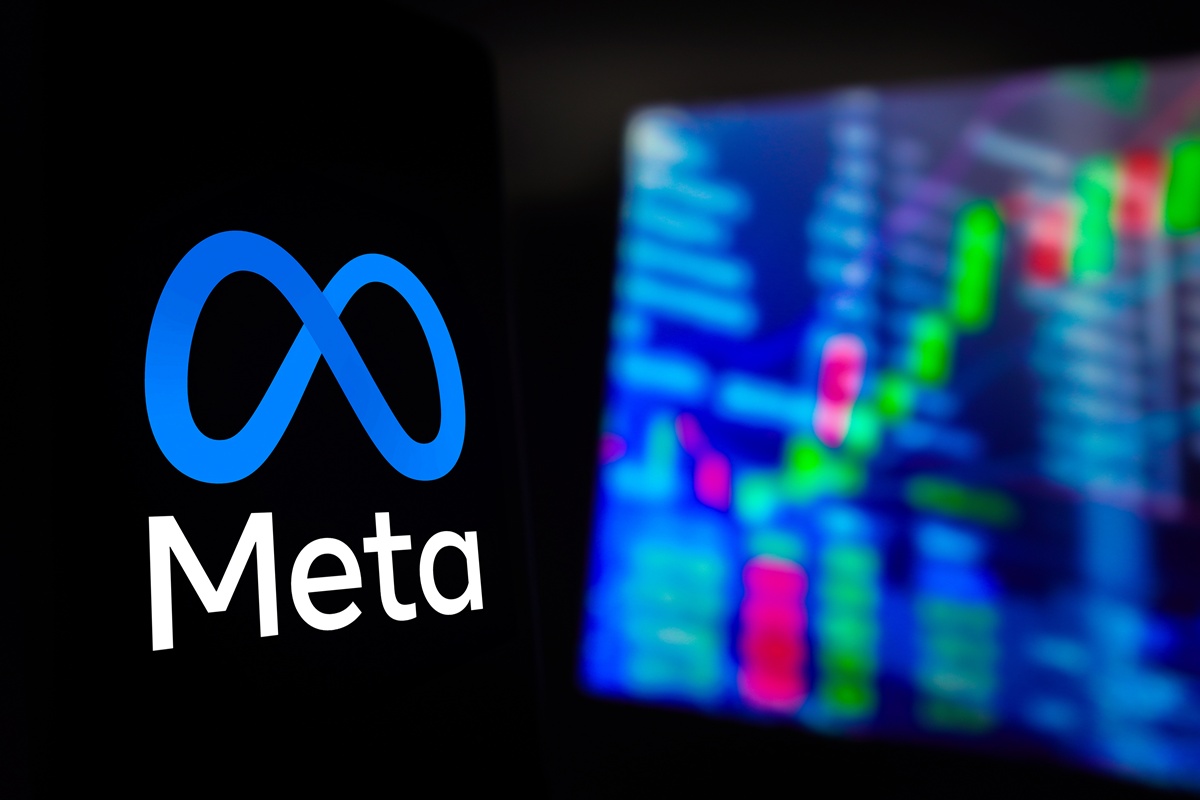July 14, 2025
Meta Acquires AI Voice Startup PlayAI to Boost Its Generative Audio Capabilities

Meta has acquired PlayAI, a generative voice technology startup that enables the creation of realistic, human-sounding speech. The deal, confirmed by a Meta spokesperson and first reported by Bloomberg, signals Meta’s deepening investment in AI as it looks to expand its capabilities across virtual characters, wearables, and audio-driven applications.
According to an internal memo obtained by Bloomberg, the “entire PlayAI team” will be joining Meta as early as next week. The memo further emphasised that PlayAI’s expertise in generating natural voices and building user-friendly voice creation tools aligns closely with Meta’s roadmap, particularly in areas like Meta AI, AI Characters, wearable technology, and audio content creation.
Though financial terms of the deal have not been disclosed, the acquisition represents a rapid rise for PlayAI, which was founded in Palo Alto and raised a $21 million seed round in late 2024. That funding was led by Kindred Ventures and 500 Global, with additional participation from Race Capital, Y Combinator, Soma Capital, and others. Kindred Ventures’ Steve Jang joined the company as a board observer following the raise.
PlayAI Offerings
In less than a year, PlayAI launched its flagship products, including PlayDialog, a multi-turn text-to-speech model, and Play 3.0 Mini, a lightweight version optimised for speed and versatility. The technology supports over 30 languages and provides low-latency, highly expressive voice generation that includes nuanced control over elements like prosody, intonation, pacing, and emotion.
Its voice cloning capabilities have high accuracy and minimal delay, making them suitable for real-time and pre-recorded applications in content creation, customer service, and interactive AI.
PlayAI’s addition to Meta’s portfolio also highlights the growing importance of voice in human-computer interaction, especially as AI characters and immersive wearables become more prevalent. Natural-sounding synthetic voices may become central to how users experience AI companions, virtual assistants, and metaverse environments.
However, the increasing realism of AI-generated voices brings ethical and regulatory challenges, especially concerning misuse and deepfakes. PlayAI has publicly acknowledged these concerns and claims to have implemented systems for identifying synthesised voices and addressing ethical violations. While specific details about these safeguards remain unclear, the issue is gaining regulatory traction. State-level laws such as Tennessee’s ELVIS Act are now explicitly banning the unauthorised cloning of artists’ voices using AI tools, setting the stage for stricter oversight across the industry.
As Meta integrates PlayAI’s technology into its broader AI ecosystem, the acquisition marks a strategic step toward more immersive, voice-enabled digital experiences. The move also reflects an intensifying race among tech giants to secure top talent and pioneering platforms in the generative AI space.



